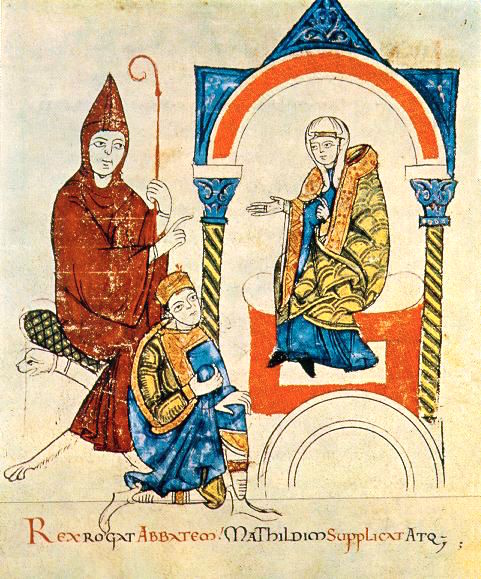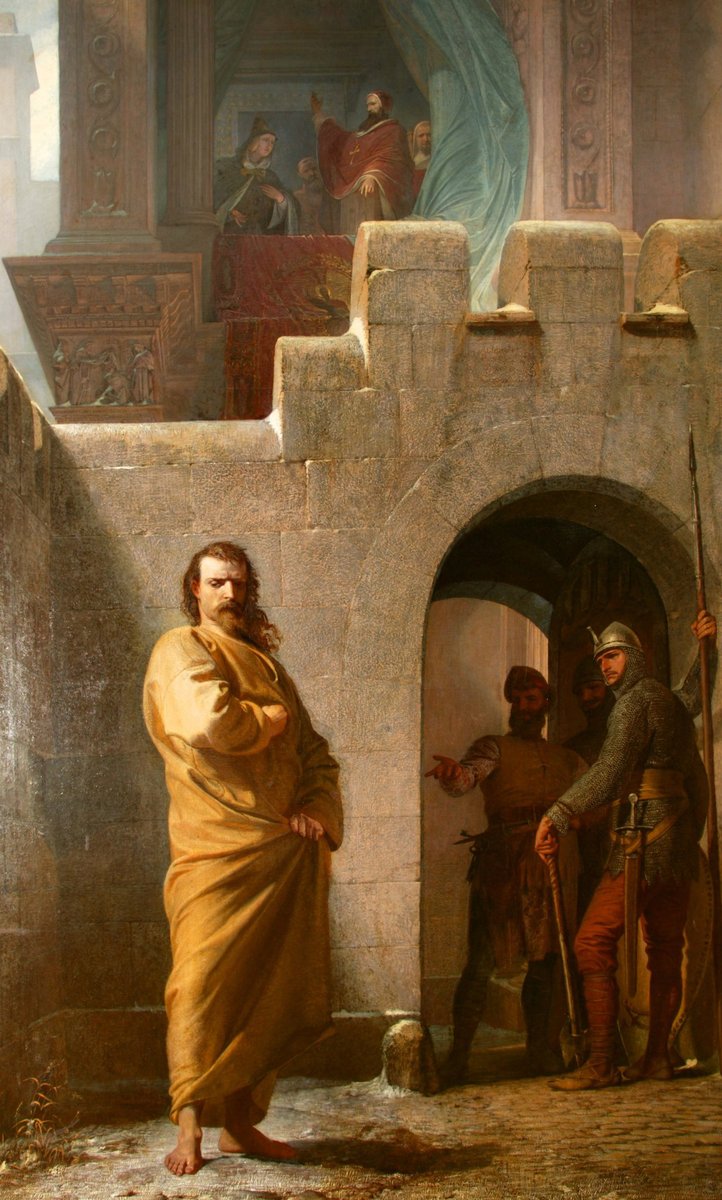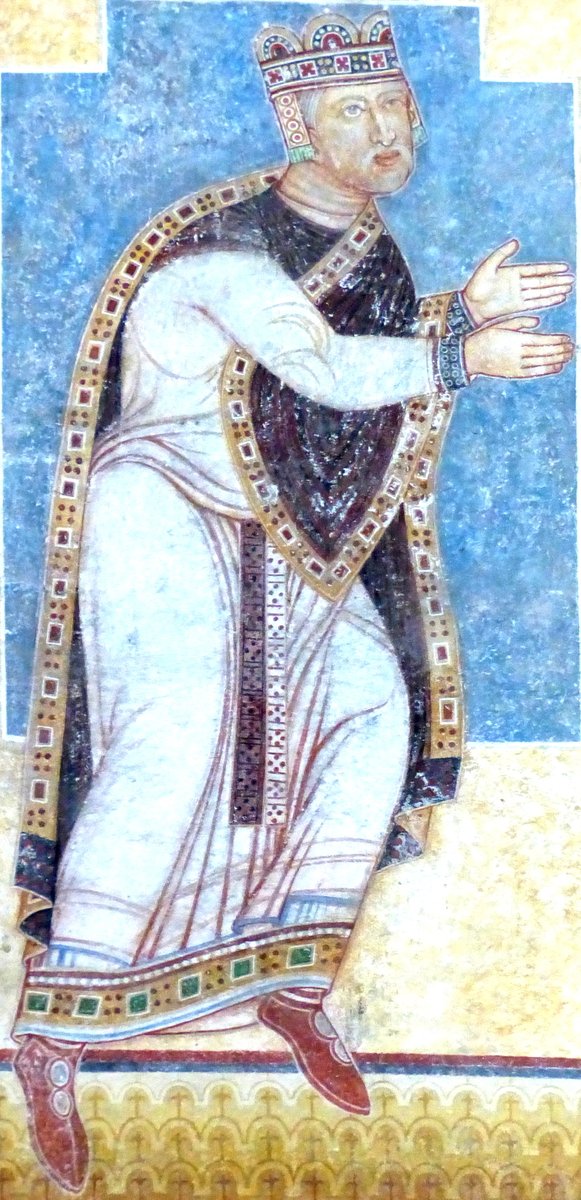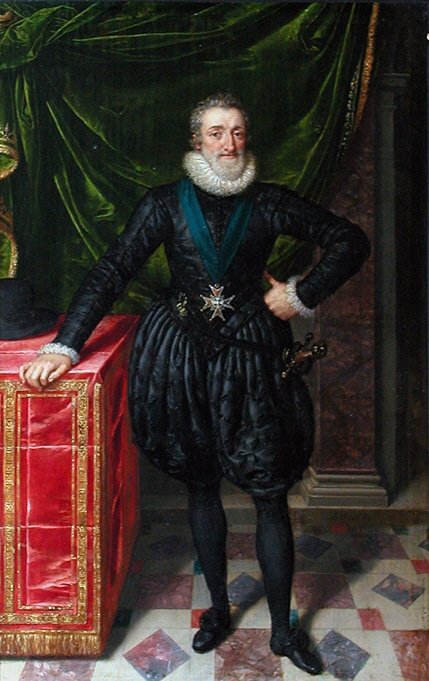
State and religion tend to get intertwined a lot. But when they come at loggerheads, conflicts become imminent. An Italian lady led her army in defence of religion against an Emperor, paving way for separation of Europe from church.
Story in the evening ...
Story in the evening ...
https://twitter.com/Arby_K/status/1320587514462105601
Matilde di Canossa was born to Bonifazio di Canossa and his wife Beatrix in 1046. Earlier Emperor Konrad had installed Bonifazio as the Margrave of Tuscany for supporting him become king of Italy. 1/10 

The Tuscan realm held a sizeable portion of Northern Italy. Matilde would inherit this realm fully by 1076, delayed by her mother's intervention as an overstaying regent. 2/10 

1076 was also the year Church and Empire were at loggerheads. Pope Gregory VII had retaken the power to appoint clergy. For centuries, this power had been largely with the nobility. German king Heinrich (Grandson of Emperor Konrad) was not amused. 3/10 

The Holy Roman Empire was a creation of the Pope, who wanted to recognize the continuity of the Western Roman Empire of old in the Carolingians in 800. But it broke up and in its place was a German empire with rule over parts of Italy. Heinrich was its latest ruler. 4/10 

As Heinrich tested the Pope's patience, the Pope would excommunicate him. This gave an excuse to dissidents and led to an open rebellion in the Empire. Heinrich had to act, but the Pope was shielded by Matilde at Canossa. 5/10 

With Matilde representing the Pope, Heinrich chose tact instead of war. In what would prove to be a PR victory, Heinrich deprecated himself, but regained support for his rule. By 1084, Heinrich had seized Rome and installed a new Pope who crowned him Emperor. 6/10 

But Matilde was not done yet. Between 1090 to 1106, Matilde would defeat Heinrich in many battles and induce both his sons Konrad and Heinrich to rebel. While the former was defeated in 1098, the latter would imprison his father in 1105 and claim his dominion. 7/10 

The new Emperor Heinrich would crown Matilde as "vice-reine" (Vice King) of Italy in 1111. But without an heir, Matilde's domains would devolve into many different provinces, some of them ending up under Papal rule. 8/10 

The 1122 Concordat of Worms would finally close the issue of 1076. The Church retained all rights to name clergy, with room for the State to influence unofficially. While both still had influence on each other, it had been substantially reduced. 9/10 

A century later, Emperor Friedrich would be excommunicated three times, but would manage to avoid the rebellions his ancestor had to face. While anti-kings would be elected after the third excommunication in 1245, Friedrich retained most of his power, unlike his ancestor. 10/10 

• • •
Missing some Tweet in this thread? You can try to
force a refresh














